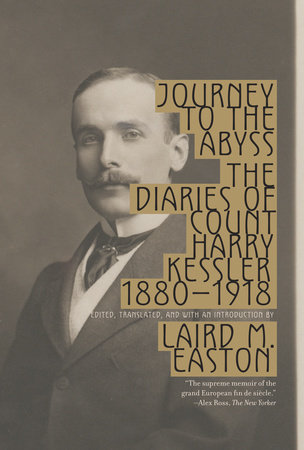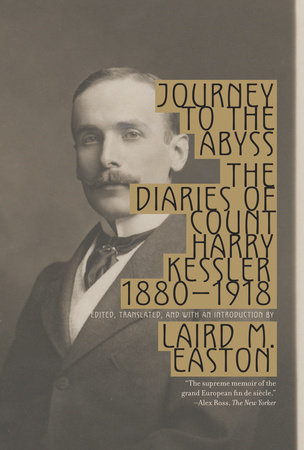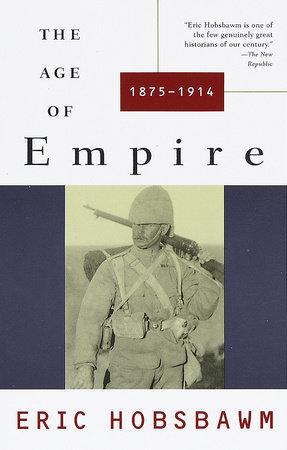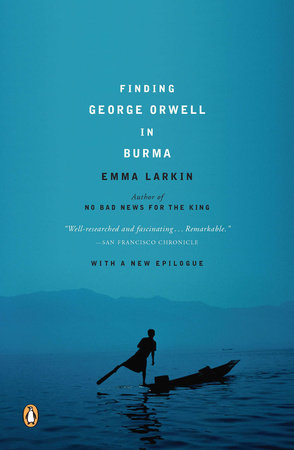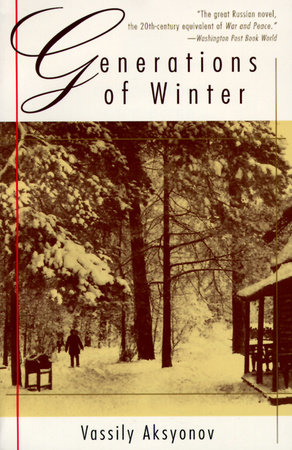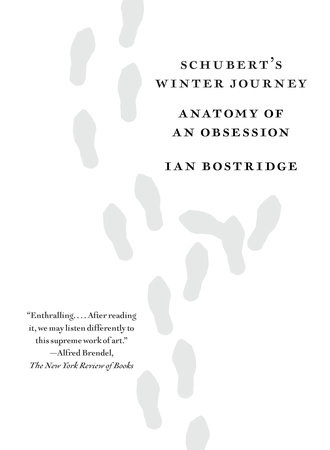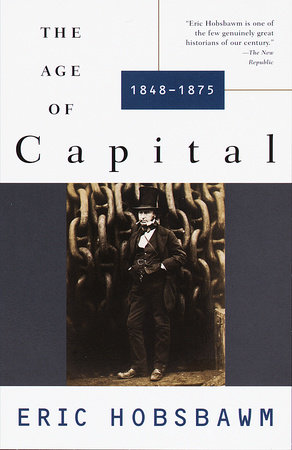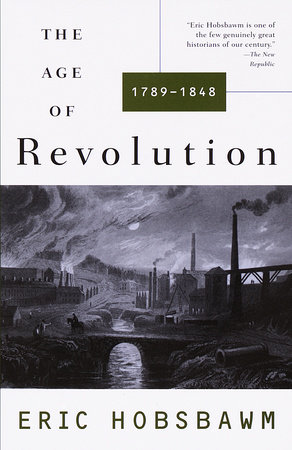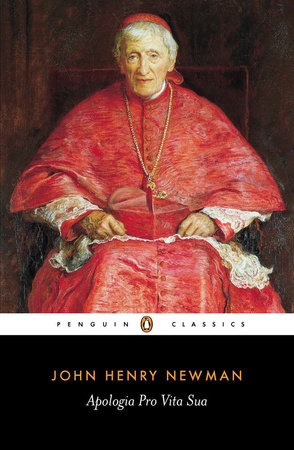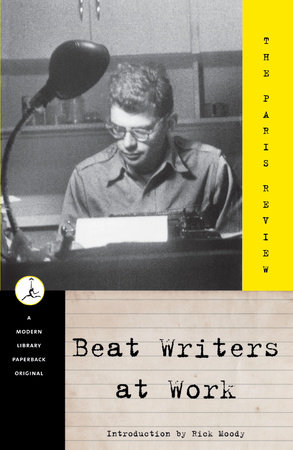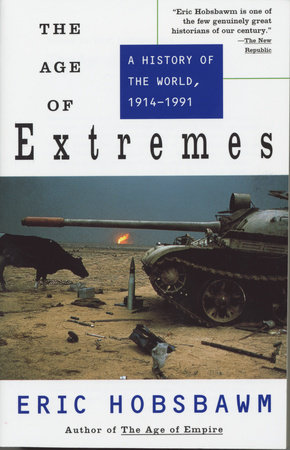These fascinating, never-before-published early diaries of Count Harry Kessler—patron, museum director, publisher, cultural critic, soldier, secret agent, and diplomat—present a sweeping panorama of the arts and politics of Belle Époque Europe, a glittering world poised to be changed irrevocably by the Great War. Kessler’s immersion in the new art and literature of Paris, London, and Berlin unfolds in the first part of the diaries. This refined world gives way to vivid descriptions of the horrific fighting on the Eastern and Western fronts of World War I, the intriguing private discussions among the German political and military elite about the progress of the war, as well as Kessler’s account of his role as a diplomat with a secret mission in Switzerland.
Profoundly modern and often prescient, Kessler was an erudite cultural impresario and catalyst who as a cofounder of the avant-garde journal Pan met and contributed articles about many of the leading artists and writers of the day. In 1903 he became director of the Grand Ducal Museum of Arts and Crafts in Weimar, determined to make it a center of aesthetic modernism together with his friend the architect Henry van de Velde, whose school of design would eventually become the Bauhaus. When a public scandal forced his resignation in 1906, Kessler turned to other projects, including collaborating with the Austrian writer Hugo von Hofmannsthal and the German composer Richard Strauss on the opera Der Rosenkavalier and the ballet The Legend of Joseph, which was performed in 1914 by the Ballets Russes in London and Paris. In 1913 he founded the Cranach-Presse in Weimar, one of the most important private presses of the twentieth century.
The diaries present brilliant, sharply etched, and often richly comical descriptions of his encounters, conversations, and creative collaborations with some of the most celebrated people of his time: Otto von Bismarck, Paul von Hindenburg, Hugo von Hofmannsthal, Richard Strauss, Igor Stravinsky, Sergei Diaghilev, Vaslav Nijinsky, Isadora Duncan, Ruth St. Denis, Sarah Bernhardt, Friedrich Nietzsche, Rainer Marie Rilke, Paul Verlaine, Gordon Craig, George Bernard Shaw, Harley Granville-Barker, Max Klinger, Arnold Böcklin, Max Beckmann, Aristide Maillol, Auguste Rodin, Edgar Degas, Éduard Vuillard, Claude Monet, Edvard Munch, Ida Rubinstein, Gabriele D’Annunzio, Pierre Bonnard, and Walther Rathenau, among others.
Remarkably insightful, poignant, and cinematic in their scope, Kessler’s diaries are an invaluable record of one of the most volatile and seminal moments in modern Western history.
